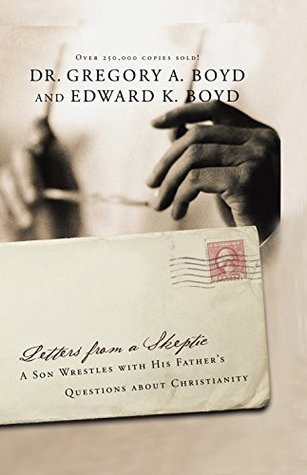More on this book
Community
Kindle Notes & Highlights
A freedom which is prevented from being exercised whenever it was going to be misused simply wouldn’t be freedom.
The fact that we humans have such an incredible amount of potential for evil, then, is to my mind indicative of the fact that we also have an incredible amount of potential for good.
If a person never loved, he’d never suffer. But then again, he’d never really live.
isn’t God in this same position, only on a cosmic scale? To refuse to create a world where love was possible because the risk was too great seems to be beneath God. Love is really the only reason worth creating! It’s not freedom for the sake of freedom that God values—it’s love. Freedom is simply the only possible means to this end.
The biblical perspective on God reveals a God who throughout history has suffered from the ill choices of human beings, and He suffers because He loves.
On the cross of Calvary, God took upon Himself all the sin of the world, and all the pain and punishment that that sin produces. He didn’t have to. He did it out of love—because love is worth it. It’s worth dying for, even in God’s view.
the promise of Scripture is that this state of being will be such that our present sufferings can’t be compared to it (Rom. 8:18). In the light of Auschwitz, it must be incomprehensibly beautiful—which is exactly what Scripture says it is (1 Cor. 2:9).
that love must forever be a tenuous affair. We tend to become the decisions we make. The more we choose something, the more we become that something. We are all in the process of solidifying our identities by the decisions we make.
She became her hatred. She became her bitterness. The momentum of her decisions became irreversible. She no longer chose it; she couldn’t now choose otherwise! All the good God originally intended her to be was consumed by the repeated course of hate she chose.
The more we choose something, the harder it is to choose otherwise, until we finally are solidified—eternalized—in our decision. The


